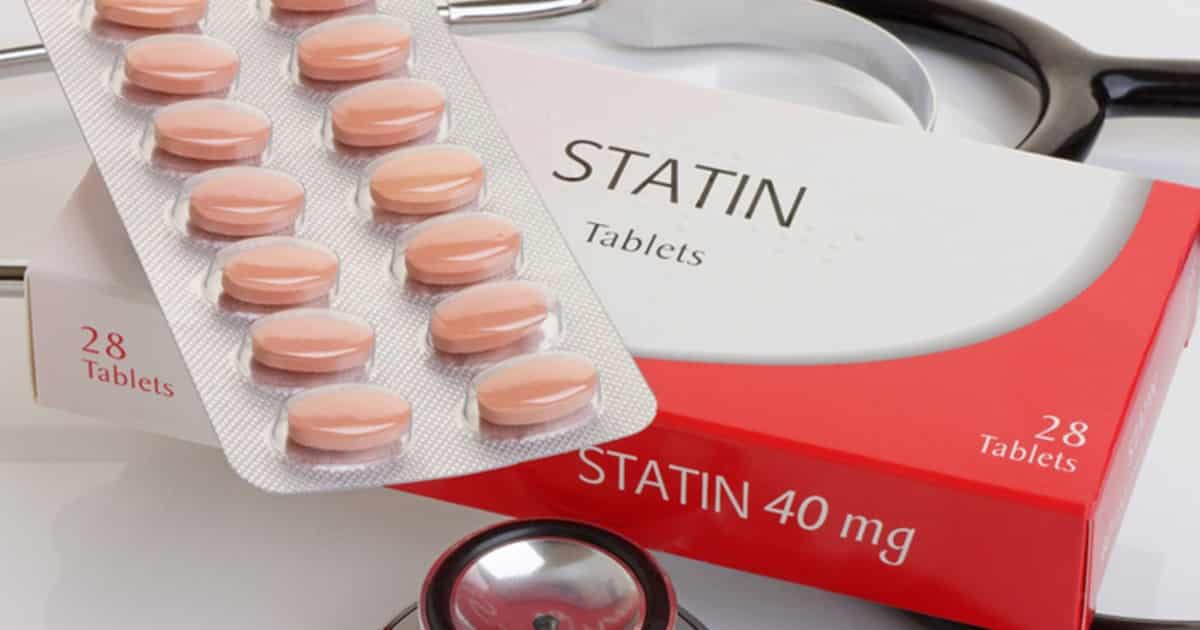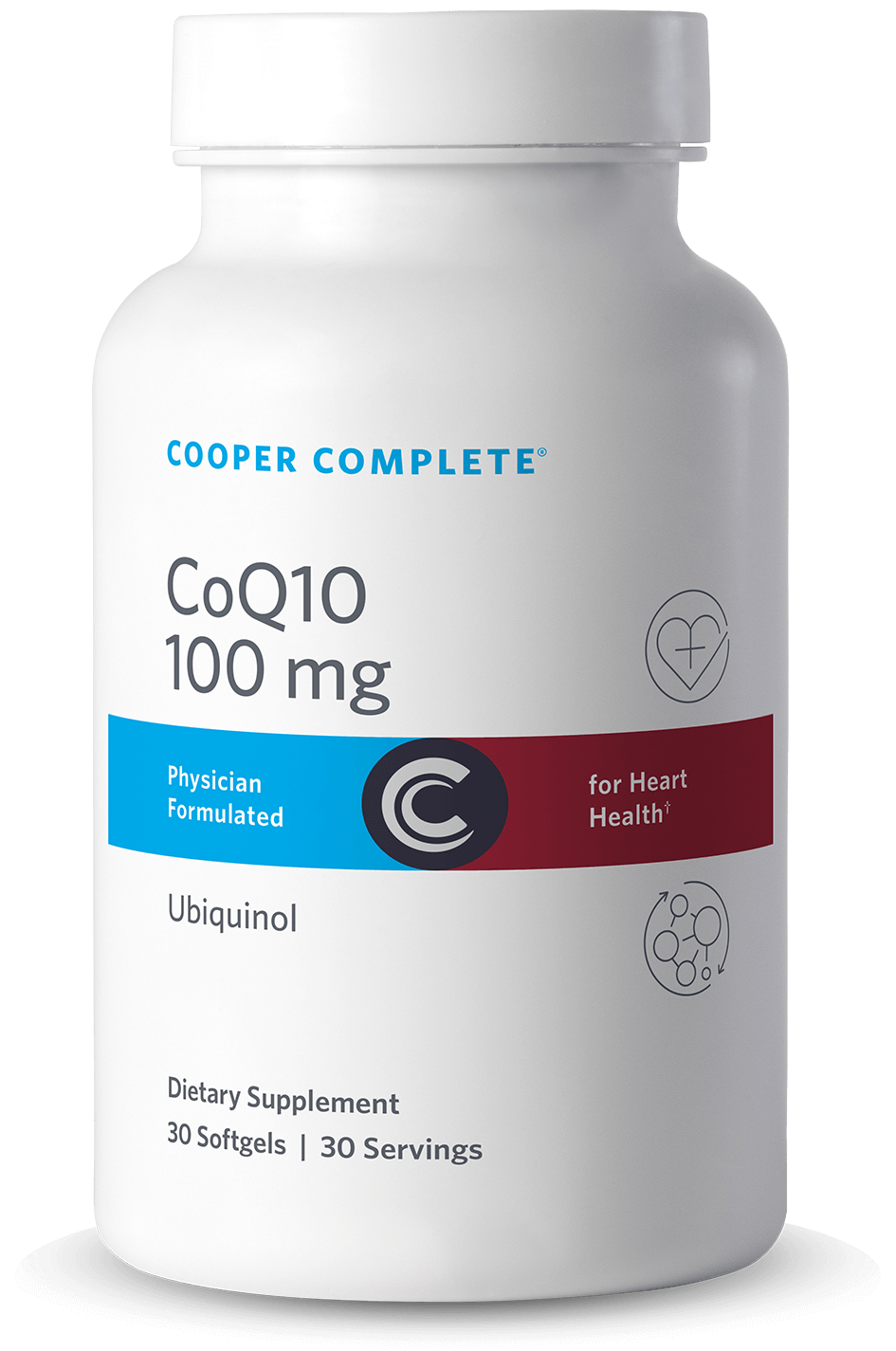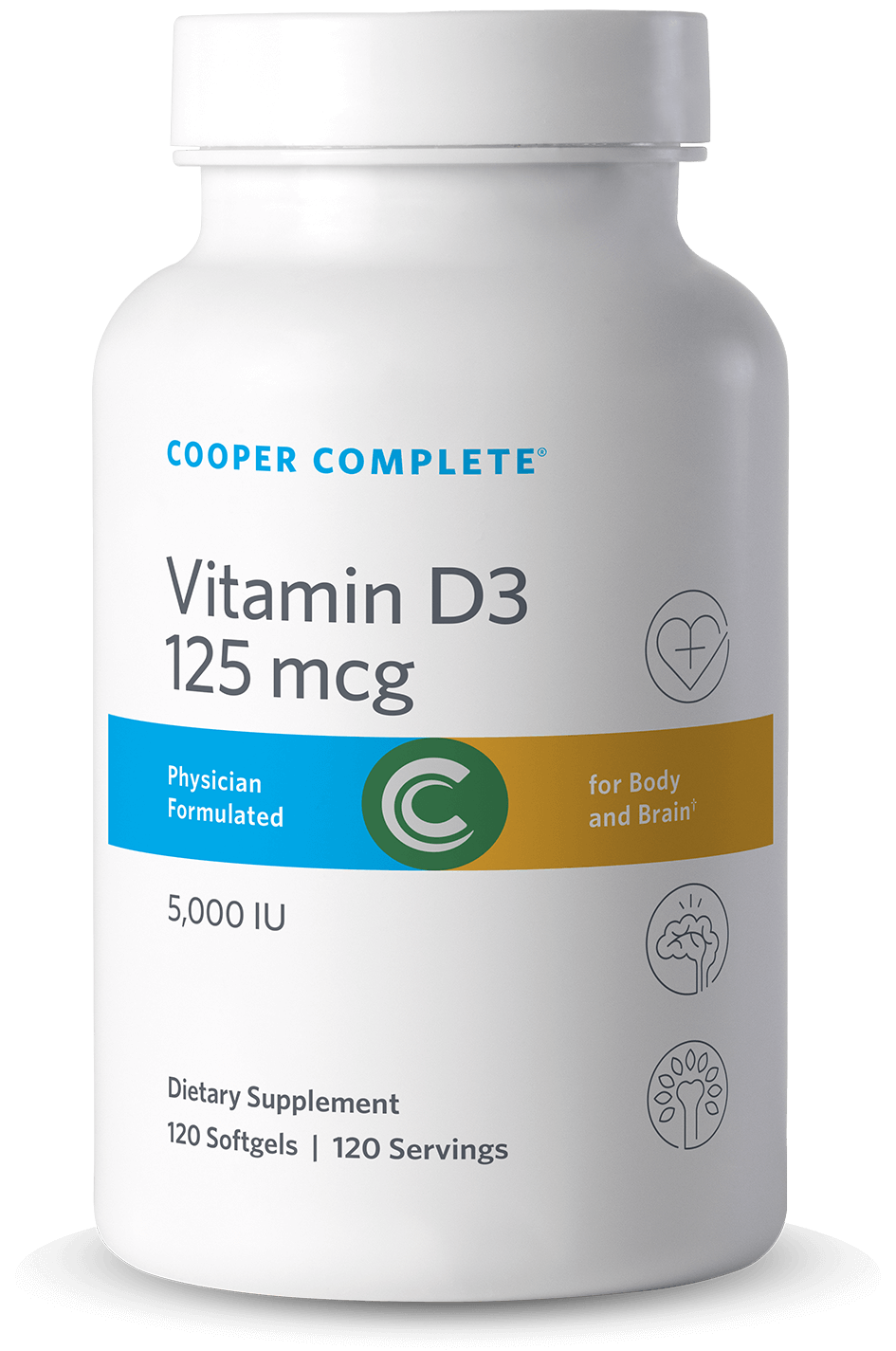Reducing Statin Side Effects: Can Supplements Help?

Statins are a family of prescription drugs used to help lower LDL (bad) cholesterol and have been shown to reduce cardiovascular events in at-risk patients. According to the CDC, approximately 28 percent of American men and women over age 40 take a statin. However, many patients stop statin use after experiencing statin side effects.
“When discussing the possible use of statins with my patients, the development of side effects is a common concern for them, especially muscle soreness,” says Nina Radford, MD, Cardiologist and Director of Clinical Research at Cooper Clinic.
Understanding Statin Side Effects
Radford says most patients hear about statin side effects from friends or stories in the news. In its severest form, statins can cause actual muscle weakness, but this is rare. Radford says that in traditional medical literature, the link of statin treatment to the development of muscle soreness is somewhat controversial.
Why? Because the clinical trial experience for statin side effects is different from our real-world experience.
Placebo Effect vs Muscle Soreness
A recent medical article summarized the frequency of muscle soreness in 22 clinical trials. The summary involves more than 125,000 patients and evaluates statin drug treatment versus placebo (sugar pill) on various health outcomes. About 13 percent of statin-treated patients stopped their medication due to muscle soreness.
However, 13 percent of patients taking the placebo also stopped for the same reason. The smaller risk of actual muscle weakness is also similar in the two groups.
“This has led some doctors to believe that patients develop muscle soreness from statins to some degree simply because they expect that they will,” explains Radford.
However, these clinical trials often do not enroll patients who are older, female or have multiple medical conditions. In observational studies (reflecting real-world experience), statin-treated patients who develop muscle soreness may be as high as 20 percent.
Avoiding Statin Discontinuation
Furthermore, patients who develop muscle soreness from one statin may not develop it when changed to a different statin. A point suggesting that the development of muscle soreness is not just due to an expectation of side effects.
Avoiding early statin discontinuation in patients who need statin therapy is the important goal. Studies show that early discontinuation is associated with an increased risk of heart attack and death. It is imperative that patients discuss medication side effects with their doctors before stopping their medication.

100 mg CoQ10 Ubiquinol Supplement
KanekaQH®, the reduced form of coenzyme CoQ-10, provides advanced antioxidant support and promotes cellular energy and optimal heart and immune function.†
$37.98 Add to cartMinimizing Statin Side Effects
“My first step in treating statin intolerance is to change the statin medication from one formulation to another,” explains Radford. “In some patients, not all statin formulations will cause muscle soreness.”
Radford says her second step is to discuss the pros and cons of adding supplements to statin therapy. The two supplements largely used in this setting are CoQ10 and vitamin D
So, what about using coenzyme Q10 and vitamin D supplements to help alleviate statin side effects?
Supplements to Reduce Statin Side Effects – CoQ10 for Reducing Muscle Soreness
The first supplement widely publicized to reduce muscle soreness caused by taking statins was coenzyme Q10 (CoQ10). In fact, the Journal of the American Heart Association in October of 2018 published results from a meta-analysis of 12 trials on this topic. It revealed CoQ10 supplements eased statin-related muscle pain better than a placebo.
Overall, CoQ10 is present in very small amounts in food sources available today. This means supplements are the most effective way to raise levels of CoQ10.
CoQ10 levels decrease as we age and with certain health issues. For example, in patients with congestive heart failure, CoQ10 in the heart decreases as the degree of heart failure worsens. Several studies regarding supplementation in patients with heart failure have shown clinical benefit.

Vitamin D3 125 mcg (5000 IU) Supplement
Many individuals don't get enough vitamin D from sunlight or through diet. Vitamin D3 form of Vitamin D Supplement for better absorption.
$26.98 Add to cart“Given that CoQ10 is generally safe and well-tolerated, many physicians, including myself, will recommend a trial of CoQ10 in an effort to keep our patients on much-needed statin therapy,” says Radford.
“It is absolutely anecdotal, but I have patients who swear by it and I have patients who did not think it was helpful at all. My goal is to avoid statin discontinuation; so if it works, great. There are rare interactions with other medications such as the blood thinner warfarin and CoQ10. These interactions should be avoided during pregnancy or when breastfeeding, so it’s important to discuss using CoQ10 with your health care provider.”
This new research from the American Heart Association confirms these anecdotes, providing stronger evidence of CoQ10 easing statin-related muscle pain.
Vitamin D to Improve Statin Tolerance
Lately, vitamin D has been in the news as a possible remedy for statin-related muscle soreness. Studies have shown patients with statin-related muscle soreness may be more likely to be vitamin D deficient.
Not surprisingly, Radford adds, vitamin D supplementation has been named as an answer to eliminate statin-associated muscle soreness. Several small studies have demonstrated that vitamin D supplementation in deficient patients does, in fact, improve statin tolerance.
“For many reasons, it’s important to identify vitamin D deficiency in our patients,” says Radford.
“From a cardiovascular perspective, I strongly recommend patients treated with statins also have their vitamin D deficiency treated in an effort to avoid muscle soreness and statin intolerance. Of course, that means they have had their vitamin D levels measured.”
Multivitamins And Statin Medications
There are no known interactions between statin medications and multivitamin and mineral supplements.
As a reminder, it is important to talk with your healthcare provider about which supplements are best for you.
